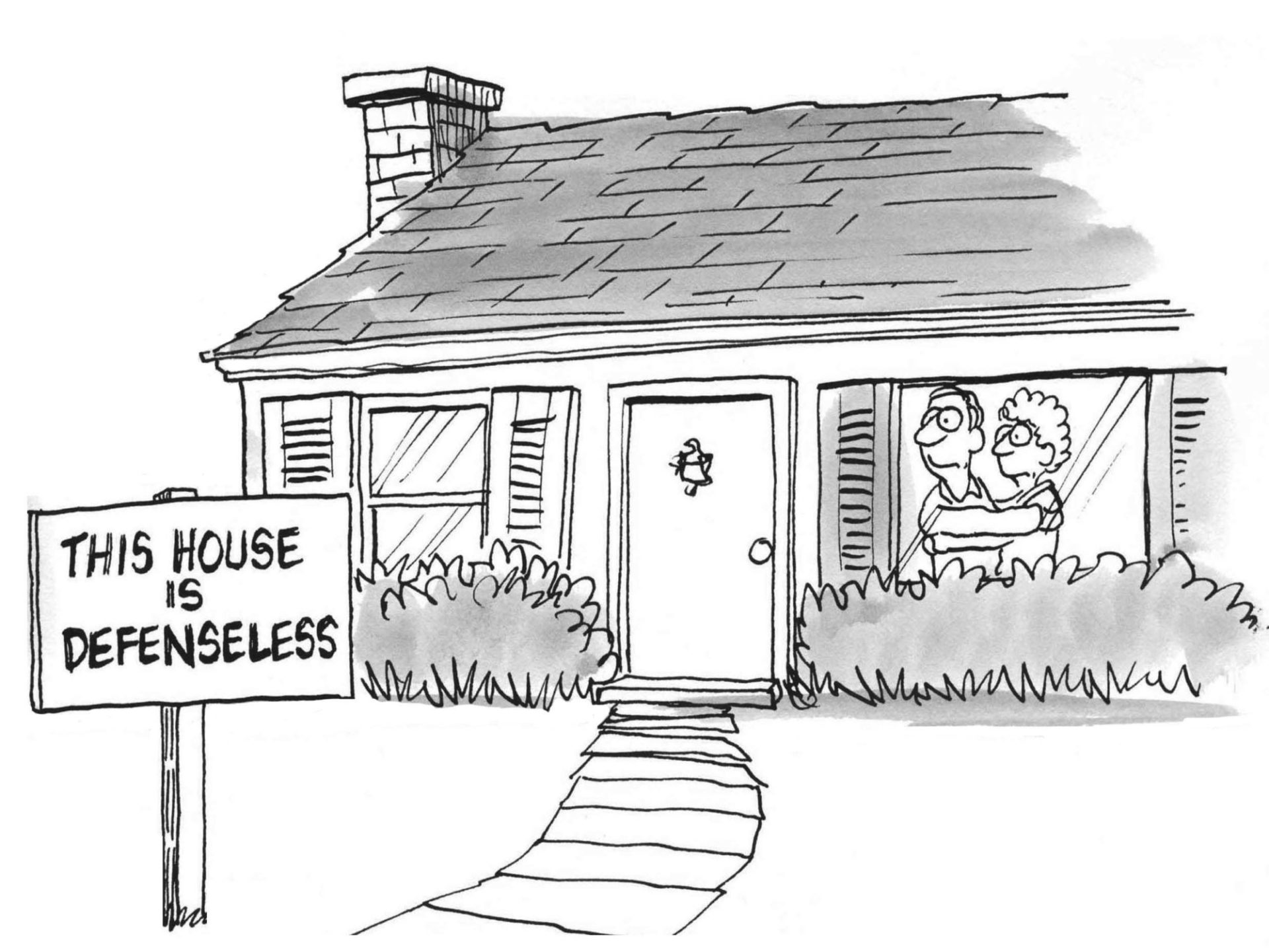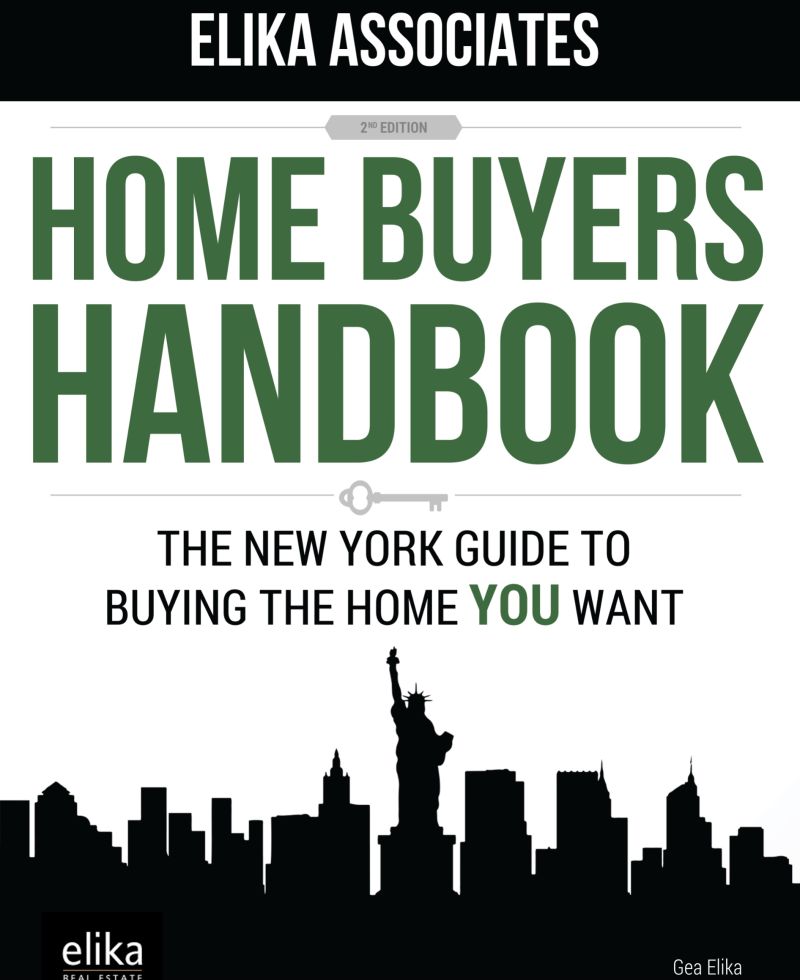Table of Contents Show
Buying a home is a big deal, perhaps the biggest you’ll ever encounter. But not everyone is convinced. Stories of bad or unscrupulous agents can travel like the wind, making many people question whether they are necessary. Also, no law says you must use one, so why bother? It would be best to come prepared with a broker to ensure you get the best deal possible.
The truth is that buying a home without representation carries many risks and may cost you more than if you had hired a buyer’s broker. Bad agents exist, and you should take steps to ensure you don’t get shackled with one. But nothing can replace a faithful and experienced agent who knows their local market better than their spouse. For a highly competitive market like New York City, they are worth their weight in gold.
Here are some of the most significant risks to buying in NYC without a broker.
Paying Too Much for the HomePaying Too Much for the Home
Unless you work in some area of the real estate industry, you’re unlikely to know the true value of the homes you’re looking at. Suppose it is an FSBO home (For-Sale-By-Owner). In that case, it’s likely the owner doesn’t know either and has dramatically overestimated it when setting the asking price, which typically occurs. For homes represented by a seller’s agent, their job is to get the most out of it, which they likely will if the buyer is unrepresented. Either way, you’ll probably pay more than you would have if you’d hired a buyer’s broker.
An experienced buyer’s agent should be able to give you an idea, on first viewing, of what a home is worth. Once they’ve completed a CMA (Comparative Market Analysis), they’ll have an even more precise idea of its worth and what your first bid should be. This skill takes a lot of time and effort to master. Even if you dropped everything and spent a year learning how to do this, you still couldn’t match a broker with decades of experience.
Disclosure IssuesDisclosure Issues
New York State has a rule known as Caveat Emptor, or buyer beware. This means a seller does not have to disclose known problems with their homes. If there’s an issue, it is on you, the buyer, to discover what it is. However, real estate agents are held to a far higher standard. Any problems with the home that the agent is aware of must be disclosed to the buyer. For instance, if the home is in a flood zone or has structural issues, they can’t turn a blind eye to this once it’s been discovered.
One major red flag that should ring alarm bells is seeing an FSBO home selling as-is. One of the primary roles of a buyer’s agent will be to determine if there are any problems with the home their buyer is interested in. There are almost certainly problems with the home if they try to cover up by not involving an agent.
Inspection ProblemsInspection Problems
The home inspection is a standard part of any real estate transaction. Listed in the inspector’s report can be more than a dozen areas of concern. Some of these won’t be a big deal; others should cause serious consideration. The problem is knowing which ones are a real problem and which can be forgotten, as it’s not always clear.
A top-shelf buyer’s agent will have a lot of experience reading these reports and can immediately tell you which points are a problem and which aren’t. Based on what the inspector has written, it may be necessary to call in a more specialized vendor to look closely at things. Being familiar with this process, a buyer’s agent can recommend the right inspectors for the job and suggest a new offer price if the problems are bad enough to require a counteroffer.
Not Knowing the NeighborhoodNot Knowing the Neighborhood
The very best agents know the areas you’re interested in buying in. They’ll know the school districts, the property taxes are like commute times, and whether current home prices are up, down, or stable. This is invaluable, especially when moving to a new neighborhood or city that you’re not familiar with.
Remember, you’re not just buying a home; you’re buying the neighborhood it comes with. Your neighborhood choice will greatly impact home value appreciation and any potential resale in the future.
Appraisal ProblemsAppraisal Problems
Paying too much for a home is bad enough, but it can worsen if you seek financing for the purchase. Let’s say you’re in the process of buying a home that’s FSBO. With neither side being represented and having no idea of the home’s actual value, you agree to a price beyond its worth. When it comes time for the home appraisal, you’ll be in for a shock when the bank refuses to sign off on it or if the appraisal comes in low. Imagine the havoc this would cause if you’re also selling your current home to pay for this one! You’re now committed to a deal you can’t close if the seller doesn’t come down in price.
While rare, the above example does happen. All of it can be avoided by having an experienced agent by your side to ensure you don’t overpay or get badgered into a deal that you can’t close.
All the RestAll the Rest
The above are just some of the worst horror shows when you try to buy without representation. There are numerous other smaller risks that you can fall prey to when you try to go it alone. These include:
- Lost Time – Viewing homes and researching buildings and neighborhoods take up a lot of time. Unless retired or unemployed, probably not the time you can afford to lose on the wrong properties, an agent can sort out the good from the bad to streamline your home search.
- Paperwork, Laws, and Regulations – Real estate law can be complex and varies based on state, city, and county. Every purchase requires paperwork that must be read and signed. Mistakes can cause delays or even a deal to fall through. While your attorney (mandatory in NYS) can handle most of this, agents can help you better understand what’s going on each step of the way.
- Falling Prey to the Sales Agent – When the seller has representation, that agent will be out for their best interests. You’ll be entirely at their mercy without your agent to counter their one.
- Lost Deals – The NYC market is highly competitive. An agent’s job is to ensure you are fully ready and get your offer to the top of the pile. Fail to make the right initial offer or act too slowly, and you’ll lose out to other more prepared buyers.
Final ThoughtsFinal Thoughts
If none of the above has convinced you of the need to hire a buyer’s agent, then how about this? You won’t pay out of pocket for their fees. The seller pays the agent’s commission out of the sale proceeds, half going to the seller’s agent and a half to the buyer’s agent. You’re technically paying for the home; thus, why not make your money protect you by having your exclusive representation, the same as the seller.
The question becomes not why you should hire a buyer’s agent, but why shouldn’t you?








